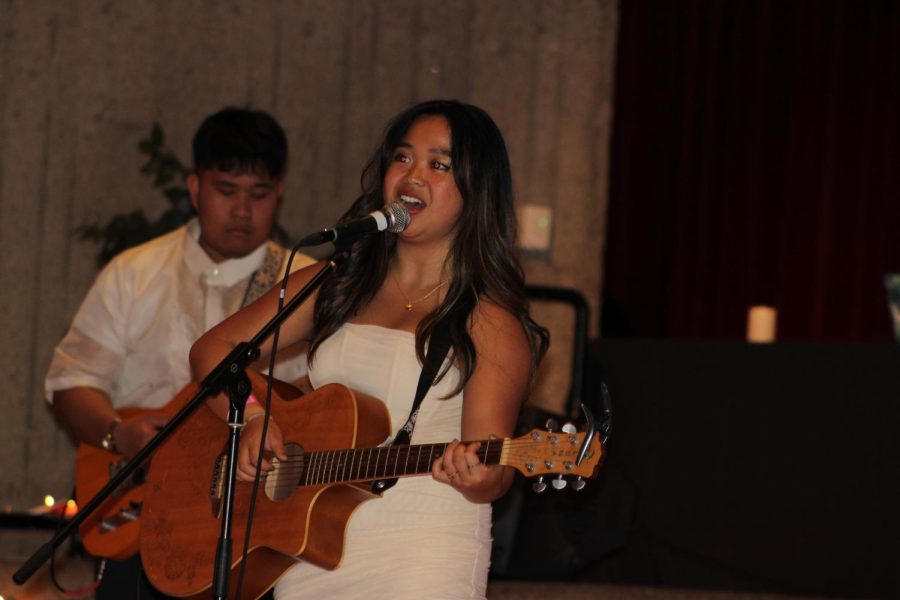
African American, Latino or Native American students benefit from being taught by instructors from the same ethnic or socioeconomic group, according to a study published in Sept. 2011.
An article titled “Study Finds Minority Students Benefit from Minority Faculty” was published in the National Bureau of Economic Research, and was based on the findings of Robert Fairlie, Florian Hoffmann and Philip Oreopoulo’s study released in Sept. 2011.
The study said that minority students are 3.2 percent more likely to score a B or higher in classes because of their relationships with minority faculty.
The study’s statistical information concentrated on the success rates of African American, Latino, and Native American students amidst a population of 22,000 students in attendance at De Anza Community College in California.
Minority and non-minority faculty and students were asked about the implications of these statistics for a slightly larger institution like the University of Massachusetts, which has recorded 28,000 students in attendance. About 1,800 of those students identify as African American, Latino or Native American for the 2011-2012 year.
“When I walk into a classroom, I don’t think race, or color or gender,” said Wilmore Webley, a Microbiology professor at UMass. Webley said he sees the data as an indicator of cultural sensitivity, adding that the success of minority students can be tied to the commonality of experience.
Webley said that this sensitivity indicates that there might need to be “better measures or forum to talk about approaching issues relevant to a minority population” within the UMass community.
UMass Economics major Carlito Weaver and Psychology major Letisha Harris said that for minorities on a predominantly Caucasian campus the ability to connect with faculty adds an element of comfort to the classroom.
“It doesn’t matter, grade-wise but it does help,” said Weave about being taught by faculty members of the same ethnic or socio-economic background
Women, Gender, and Sexuality Studies professor Dayo Gore said “seeing that knowledge can be produced by people who look like you” can provide a large impact on a student and speaks to the success found in the study as well as in her own educational experiences.
Gore said the study’s results support the idea that diversity can be a “powerful thing for students, and maybe a foregone conclusion.” She also said it highlights diversity being placed as an expectation for faculty members of color to handle as a “burden.”
Sociology major Richard Albert, a minority student at UMass said that the quality of the teacher supersedes whether they share a cultural background. He said the experiences, good and bad, have varied depending on his perception of the style of teaching.
Michael Balanov, a non-minority student at UMass also said that a student’s major and interests can play a larger role in success than sharing ethnicity with a teacher. According to Balanov, other factors such as gender should also be considered when talking about the students’ academic performance.
“I wish it weren’t true,” said African American Studies professor Steve Tracy, about the statistics presented in the study. On behalf of the department, he said that the interdisciplinary presentation of African American studies has helped appeal to a diverse group of students and not just African American ones.
“[In general] I find it easier than before, rather than in the ‘60s and ‘70s [to relate to students of color],” he said. Since students are more used to seeing white professors teaching subjects like African American literature, he said, he finds that now he has not had to “prove himself” as a teacher to minority students, more than when he started teaching.
Nia Decaille can be reached at [email protected].










